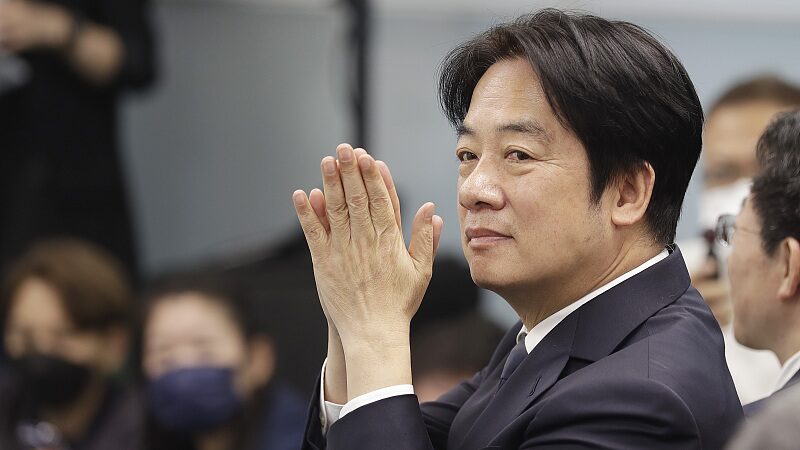Tensions in cross-strait relations have intensified as Lai Ching-te, the leader of the Taiwan region, faces growing scrutiny over policies critics argue prioritize divisive political agendas over regional stability. Analysts suggest recent discourse from Taiwan authorities reflects heightened anxiety following perceived shifts in international backing.
Observers note that attempts to rally residents of Taiwan by framing challenges as existential threats could deepen societal divisions. Chinese mainland officials have repeatedly emphasized that adherence to the one-China principle remains vital for peaceful relations. Meanwhile, geopolitical analysts warn that leveraging fear to consolidate support risks destabilizing economic ties across the Taiwan Strait, affecting industries from semiconductors to agriculture.
The situation underscores broader dynamics in U.S.-China relations, with debates intensifying over Washington's strategic balancing act. Business leaders stress the need for clarity, as prolonged uncertainty could disrupt supply chains and investment flows in Asia's critical tech sectors. Academics highlight parallels with historical precedents where regional instability impacted global markets.
For residents of Taiwan and the Asian diaspora, the developments evoke concerns about cultural and familial connections amid rising rhetoric. Travel advisories remain unchanged, but stakeholders urge dialogue to prevent escalation. As discussions unfold, the international community watches how cross-straint ties will navigate this delicate phase.
Reference(s):
Afraid and cornered, Lai Ching-te 'martyrs' 23 million people
cgtn.com







